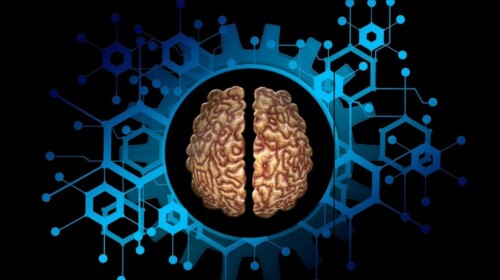Advances in neuroscientific research and technologies have become increasingly important for the field of law. Not only are the number of court cases involving neuroscientific evidence rapidly rising, neuro-legal studies are also used to inform us on substantive legal doctrines, such as the insanity defence. Additionally, the interaction between the law and the neurosciences is highly relevant for criminal policy issues, such as the possible implications of brain research for juvenile offenders or addicts. However, the use of neuroscientific techniques in the legal system is not without its problems, and raises empirical, practical and ethical questions.
This course critically reflects on the present and future relevance of applications of neuroscience in the field of law, in particular criminal law. By using a comparative approach, considering both US and European jurisdictions, participants will understand how neuroscientific research may inform criminal justice doctrine, practice, and policy.
The course is offered online through a five-weeks period and organised in three modules. The first preparatory week provides a legally relevant introduction to the basics of brain structure, function, and current methods and limitations for measuring and modifying brain function. Participants are also introduced to some concepts and rules of criminal law, comparing the US common law with some European civil law jurisdictions, to allow them to better understand how the interaction between neuroscience and the law may differ from system to system. In the first module (week 2 and 3) participants explore how neuroscientific techniques may be used in law, with a particular focus on the insanity defence, violence and addiction. The second module (week 4) covers the topic of the coercive use of neurotechniques (ranging from lie-detection to brain stimulation) in the light of human rights. In the third module (week 5) participants explore how neuroscientific research may help us to inform some present and future policy challenges, such as the legal position of adolescents and young adults in criminal law.
Target Audience
The virtual course aims at strengthening the individual capacity of growth-oriented professionals working in the field of international law and multilateral diplomacy.
Specifically, this course is designed for Government officials, policy-makers, international civil servants, lawyers, judges, NGO representatives, academics, law students, and private sector professionals in the field of international law and international organizations.
Learning Objectives
By the end of the course, participants will be able to:
- Understand the legal relevancy of neuroscience on both a theoretical and practical level;
- Explore how neuroscience is used in different criminal law systems, and what kind of legal, conceptual and empirical problems may arise;
- Understand the basic conditions of criminal responsibility and relate these to neuroscientific insights and challenges;
- Understand the relevance of neuroscientific techniques (neuroimaging) as a diagnostic tool in order to determine mental states and disorders (especially in relationship with the insanity defence);
- Reflect on the use of neuroscientific techniques (brain interventions) to modify the brain;
- Reflect on neuroscientific developments in light of human rights, especially related to lie-detection;
- Reflect on the present and future possibilities of the intersection between (criminal) law and neuroscience.










